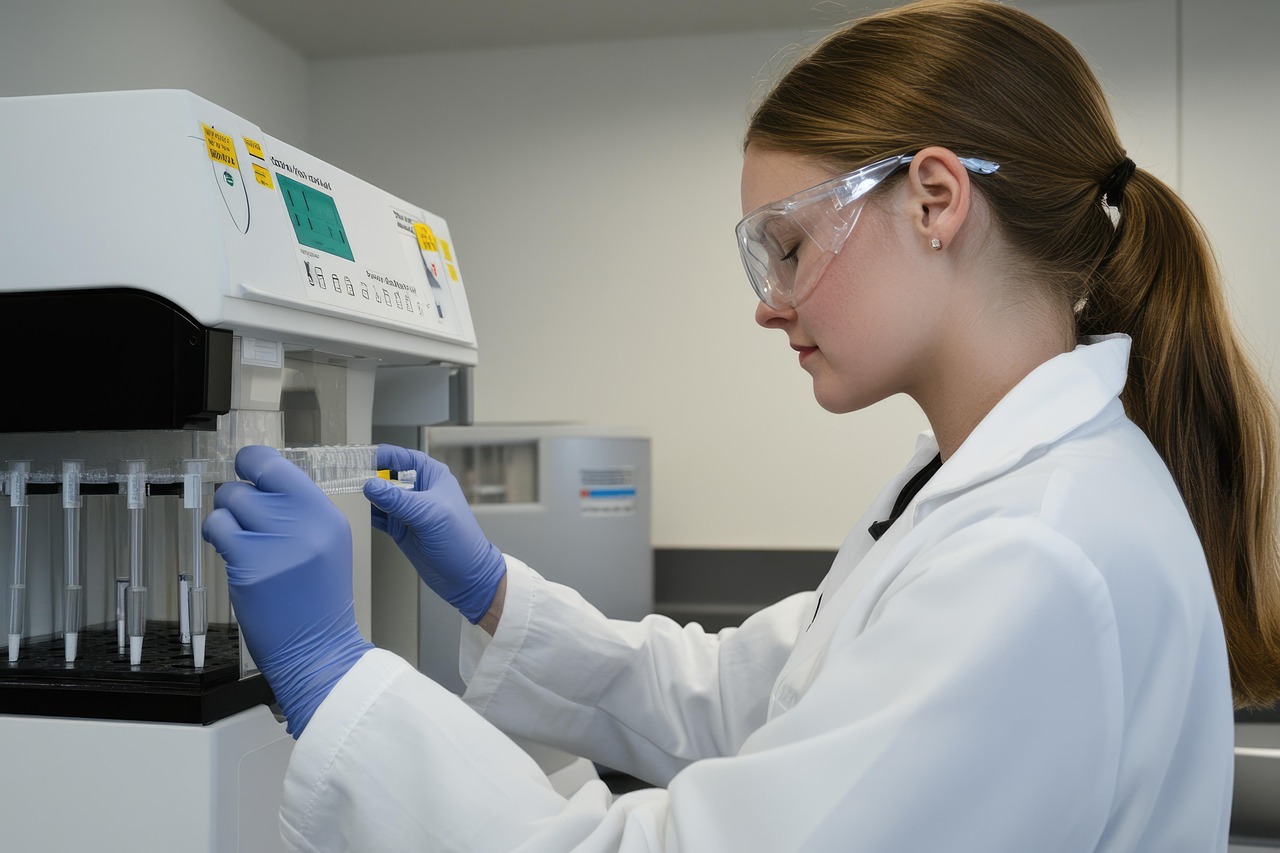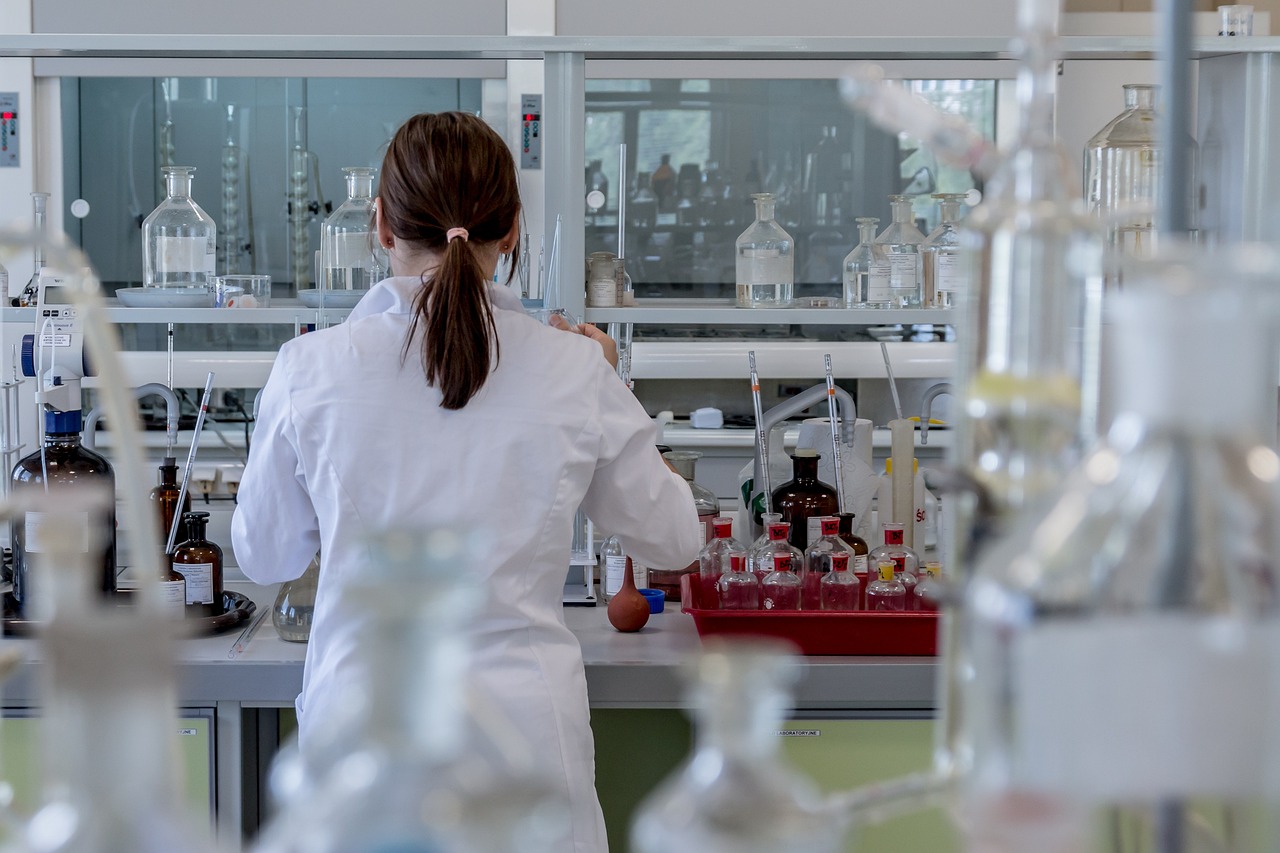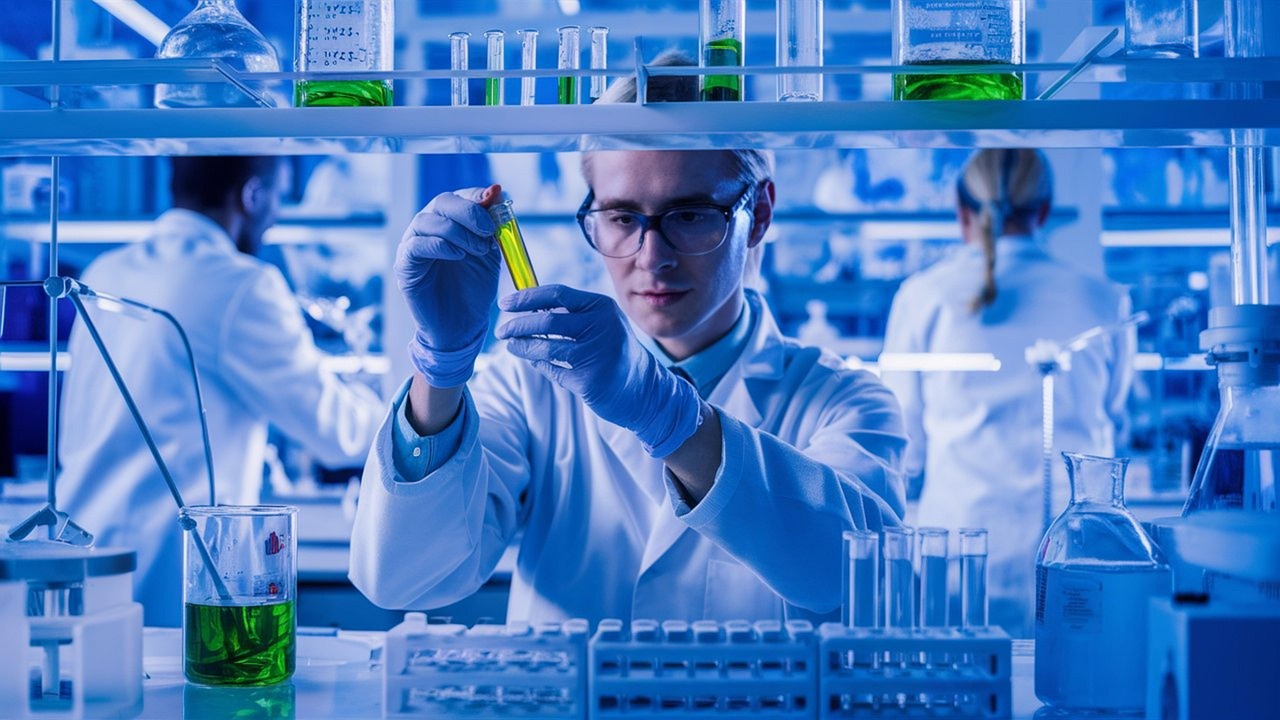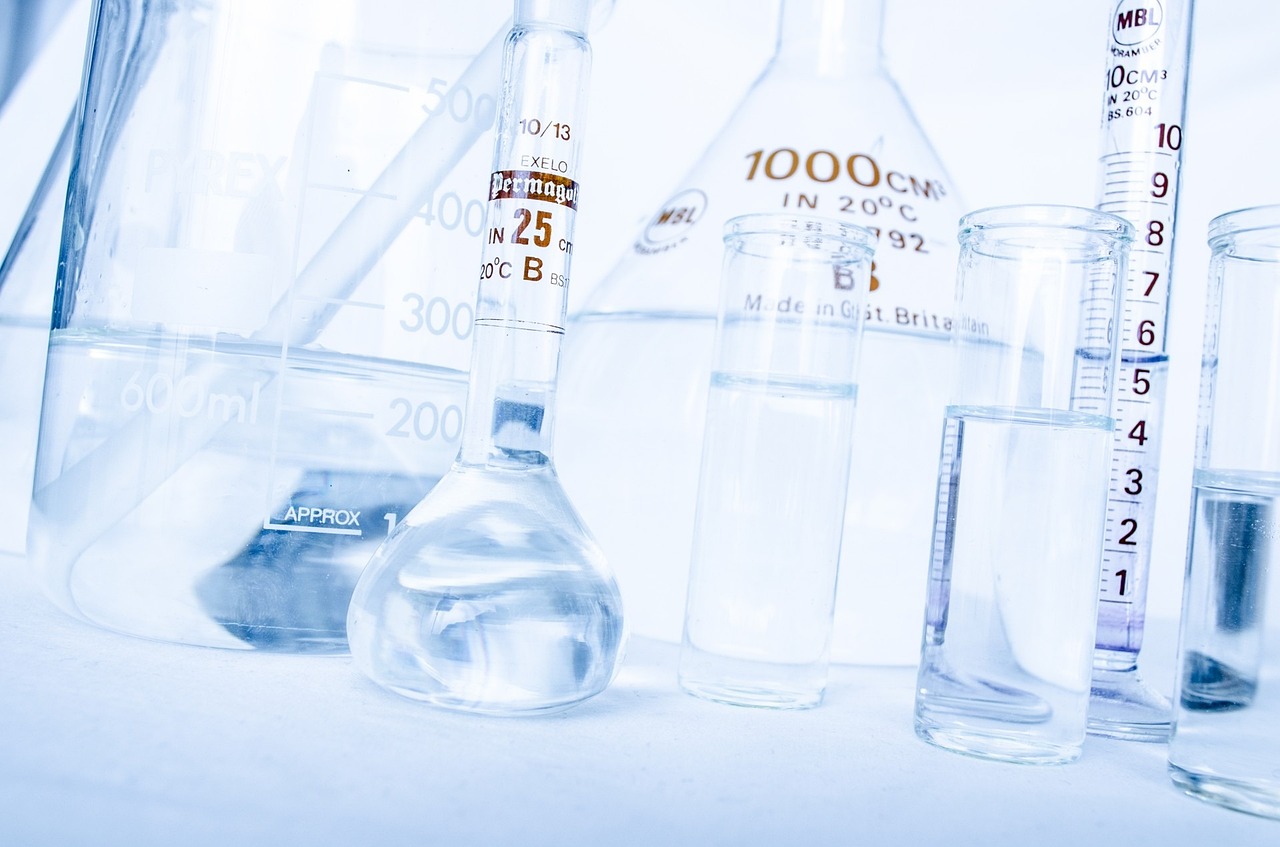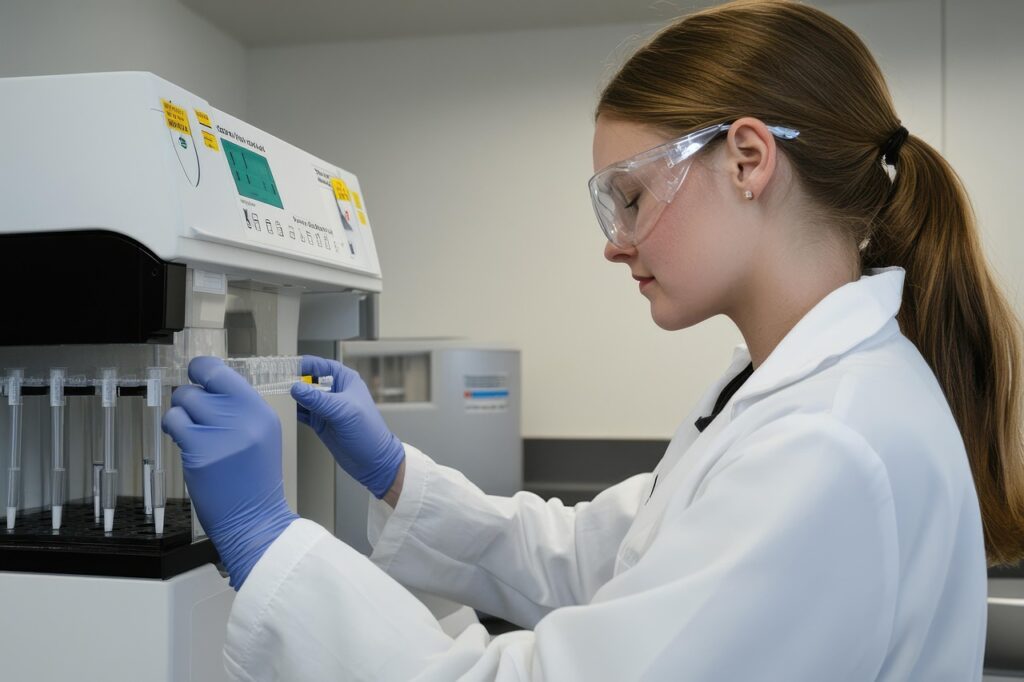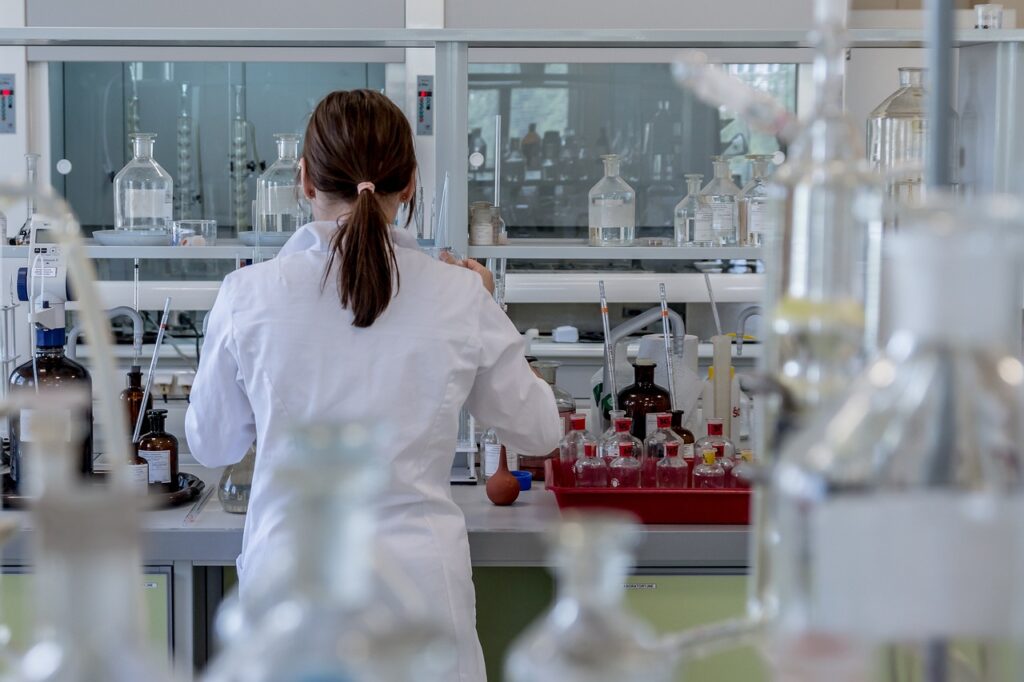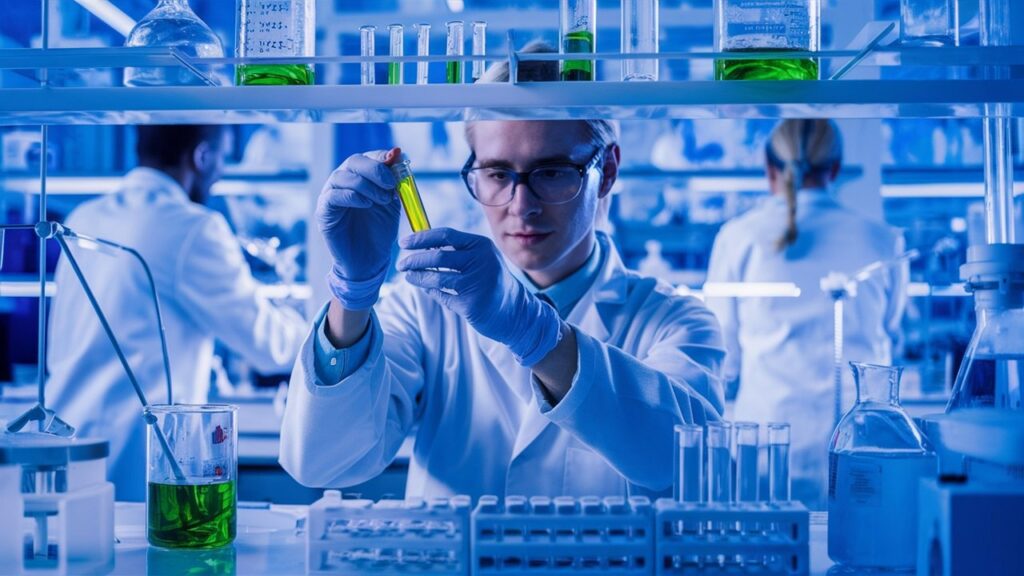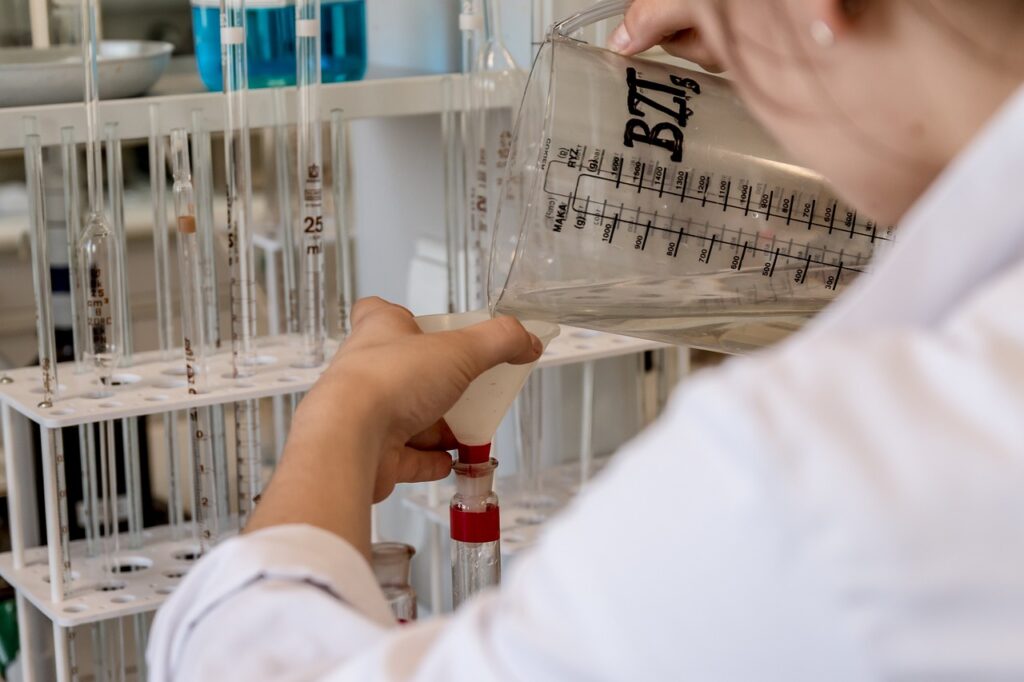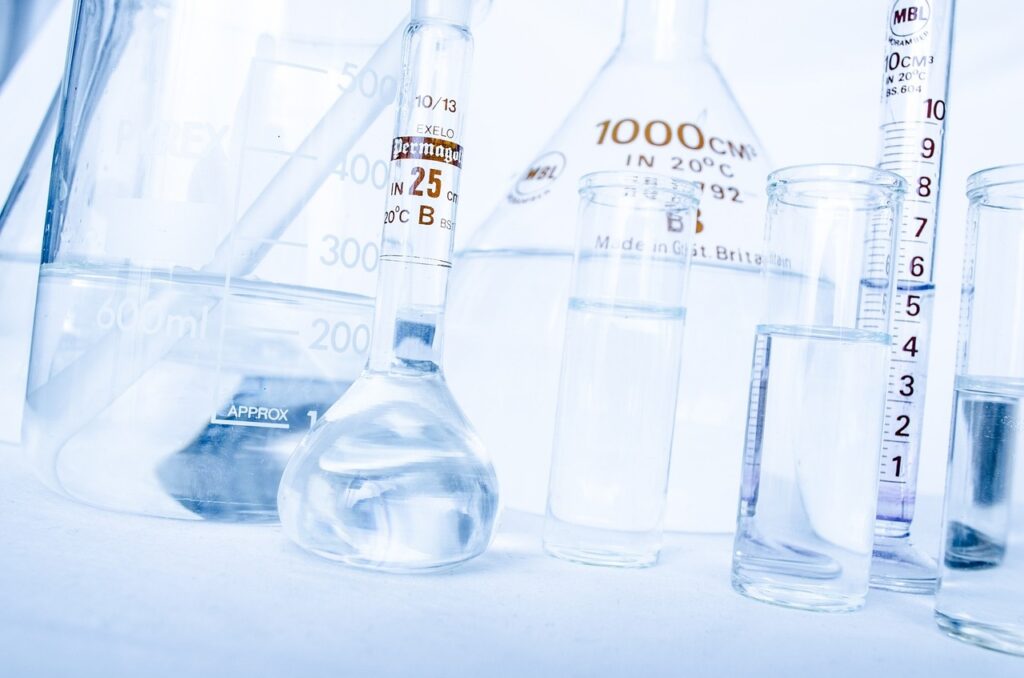Materials testing is a technique used to check the physical and mechanical properties of raw materials and various components. It is done for many reasons and provides vital information about tested materials, prototypes, and product samples. The data gathered from testing can be useful for engineers, product designers, and product managers. Material testing is usually done in a material testing lab.
Testing is done for meeting regulatory requirements, selecting the right materials for an application, assessing product design, and confirming product specifications.
DIFFERENT TYPES OF MATERIALS TESTING
There are many types of testing that can be done in material testing laboratories. It can help to understand what material would best suit a certain purpose. Testing methods can include:
WE CONDUCT DIFFERENT TYPES OF MATERIALS TESTING WHICH ARE AS FOLLOWS
1.PLASTIC INDUSTRY: As Per IS 9845 Laboratory to assure the quality of plastic product By Overall Migration & Color Migration Test, For Specific Migration ICPMS can be used to identify Trace Metals and GC/MS can be used to identify harmful chemicals and toxins Test as to be done by Bis(2-ethylhexyl) phthalate.
2. FOOD PROCESSING INDUSTRY: Food manufacturers use plastics for packaging purposes. Overall Migration & Color Migration Test can be done for 10 days in Oven (40°C) to Identify the taste and Odor in Plastics, So we can find solvent residue in plastics. GC/MS headspace analysis can help identify contaminants in the food. Other than migration test can we check bursting strength.
Other regular tests being done for these industry are
- ANALYTICAL CHEMISTRY TRAINING: This type of testing is mostly done on food products. The different components of a food product are chemically separated and tested for PH, additives, preservatives, contaminants, and color.
- MICROBIOLOGY TESTING: Microbiology testing is done to identify harmful microorganisms and bacteria in food products that are harmful to health.
- CONTAMINANT ANALYSIS: Contaminant analysis is done to determine the level of pesticides and heavy metals in food.
WHICH INDUSTRIES CAN BENEFIT FROM USING MATERIAL TESTING IN QUALITY CONTROL PROCESSES?
Material testing can be used in a number of industries to improve quality control processes:
1. PLASTIC INDUSTRY: Many manufacturers use plastics during the product design and packaging stage. During the last few years, many companies and consumers have grown apprehensive about the significant amount of toxins in manufactured plastic products. Material testing processes like FTIR and GC/MS can be used to identify harmful chemicals and toxins.
2. PHARMACEUTICAL INDUSTRY: Many pharmaceutical labs use solvents like ethanol while producing their products but if these solvents are not properly eliminated, they can affect the quality of the end product. Medicines are ingested by people so these solvents have to be removed so that they don’t pose any significant health hazards.
3. FOOD PROCESSING INDUSTRY: Food manufacturers use plastics for packaging purposes. Harmful toxins and solvent residue in plastics can completely alter the taste or odor of the food. GC/MS headspace analysis can help identify contaminants in the food.
SMSLA is one of the top material testing labs in India offering services like product testing, environment testing, and inspection services.

